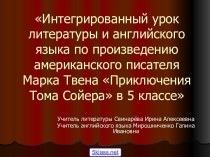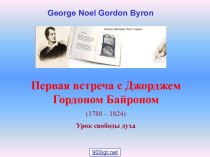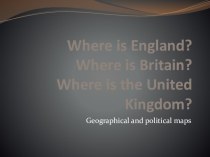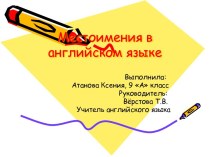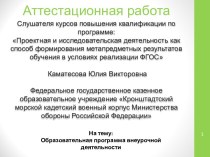- Главная
- Разное
- Бизнес и предпринимательство
- Образование
- Развлечения
- Государство
- Спорт
- Графика
- Культурология
- Еда и кулинария
- Лингвистика
- Религиоведение
- Черчение
- Физкультура
- ИЗО
- Психология
- Социология
- Английский язык
- Астрономия
- Алгебра
- Биология
- География
- Геометрия
- Детские презентации
- Информатика
- История
- Литература
- Маркетинг
- Математика
- Медицина
- Менеджмент
- Музыка
- МХК
- Немецкий язык
- ОБЖ
- Обществознание
- Окружающий мир
- Педагогика
- Русский язык
- Технология
- Физика
- Философия
- Химия
- Шаблоны, картинки для презентаций
- Экология
- Экономика
- Юриспруденция
Что такое findslide.org?
FindSlide.org - это сайт презентаций, докладов, шаблонов в формате PowerPoint.
Обратная связь
Email: Нажмите что бы посмотреть
Презентация на тему по английскому языку на тему: Изобретения 11 класс. Кузовлев.
Содержание
- 2. "Imagination is more important than knowledge". Albert Einstein
- 3. To invent is to see anew. An
- 4. Match the words and definitions:1. a TV
- 5. Which things are the most or least
- 6. Alexander Graham Bell (1847 – 1922) Alexander
- 7. Karl Friedrich Benz (1844 – 1929) Karl Friedrich
- 8. The Lumière brothers: Auguste Marie Louis
- 9. The Wright brothers: Orville (1871 –
- 10. John Logie Baird (1888 – 1946)
- 11. Henry Ford was the American founder of
- 12. Alexander Fleming (1881 – 1955) Sir
- 13. Sergey Pavlovich Korolyov (1907 – 1966) Sergey Pavlovich
- 14. Akito Morita (1921 — 1999) Akito
- 15. William Henry "Bill" Gates III (born
- 16. GRAMMAR IN FOCUSPAST PERFECT PASSIVEHAD + BEEN + V3
- 17. What inventions had been made by the
- 18. Скачать презентацию
- 19. Похожие презентации
"Imagination is more important than knowledge". Albert Einstein
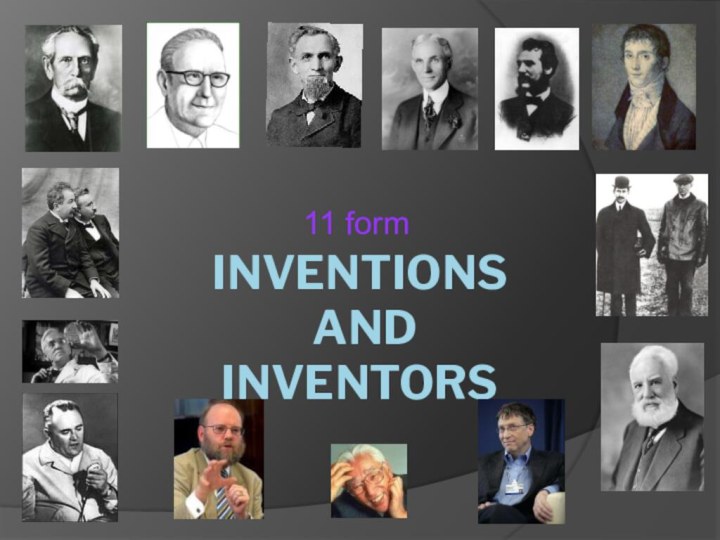

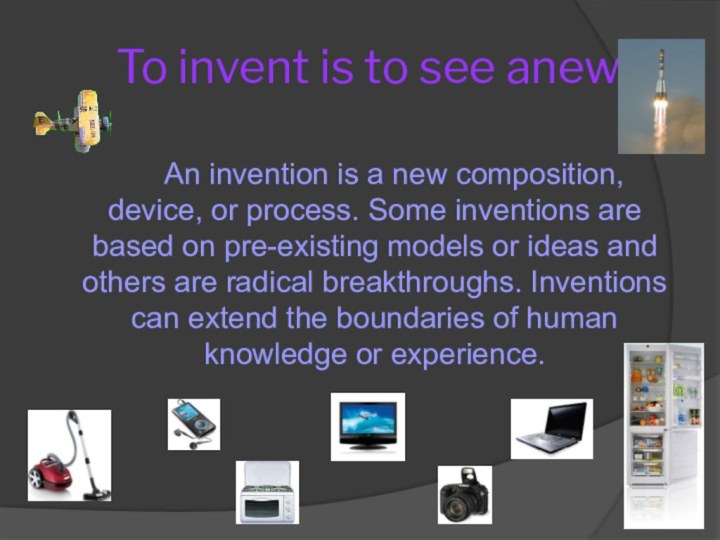

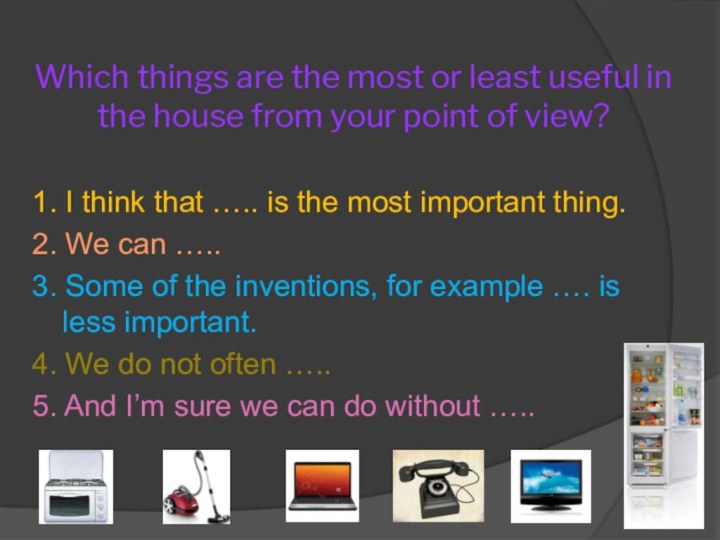
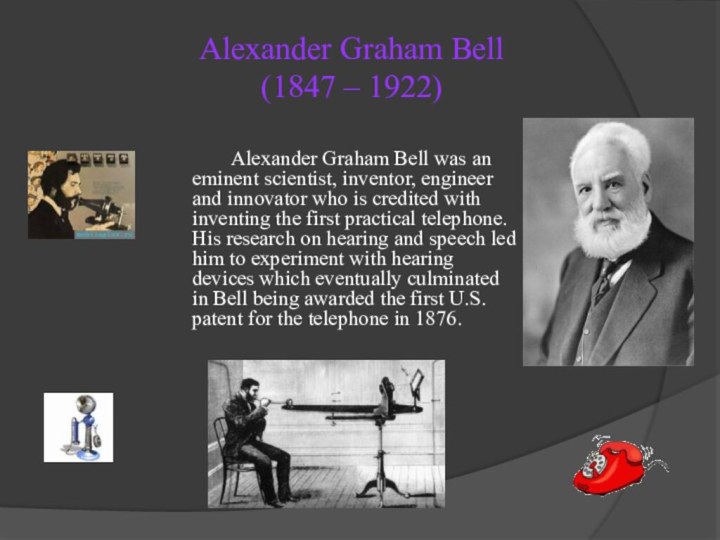


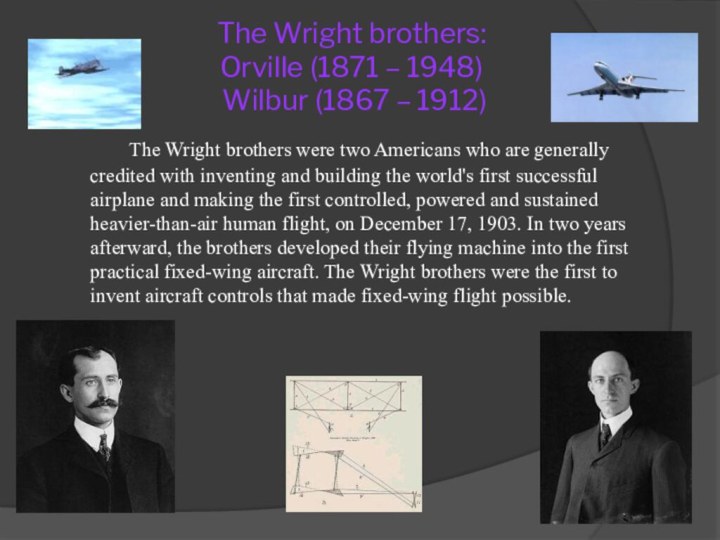

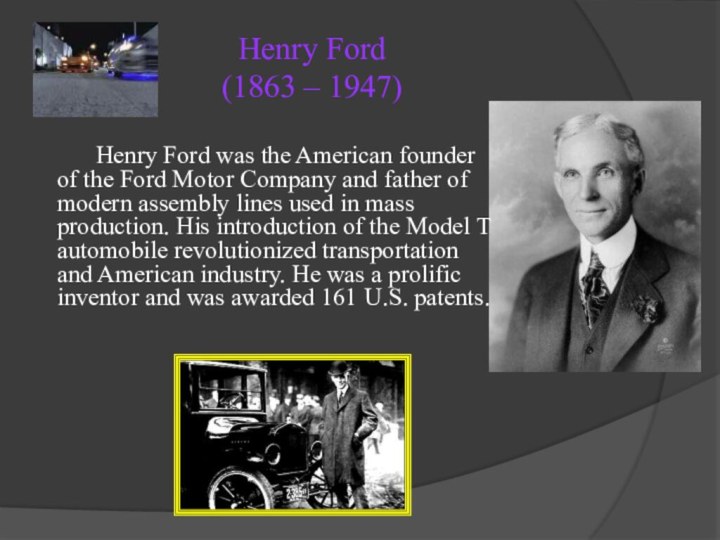

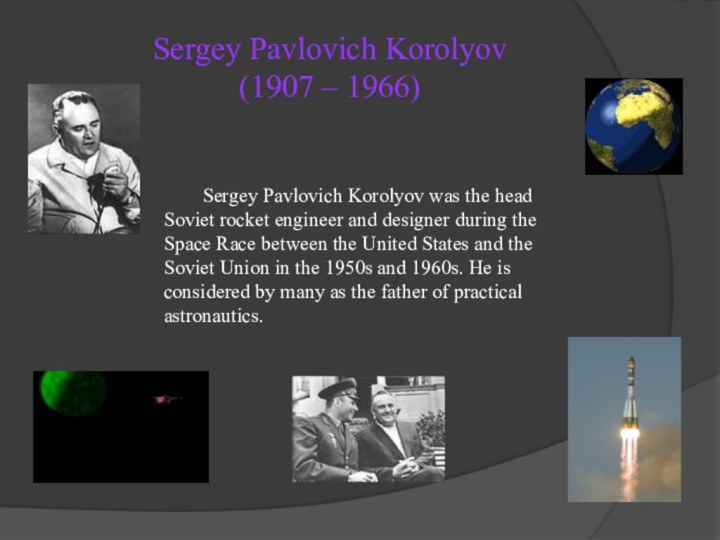
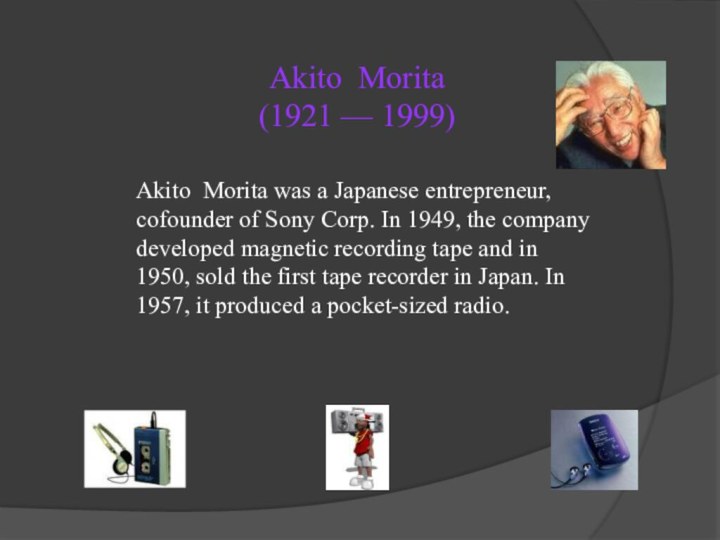




Слайд 4
Match the words and definitions:
1. a TV set
2.
a car
3. a computer
4. a video player
5. a camera
6.
a vacuum cleaner7. a fridge
8. a mobile telephone
9. a plane
10. a telephone
a. to take photographs
b. to receive or make calls around the home
c. to perform everyday cleaning tasks
d. to move fast and quick around the world
e. to watch pre-recorded videos
f. to keep food fresh for a long time
g. to have fun and to entertain
h. a system for sending or receiving speech
over long distance
i. to write programs, play games, find and
use information
j. to move wherever you want by yourself
Слайд 5 Which things are the most or least useful
in the house from your point of view?
1. I
think that ….. is the most important thing. 2. We can …..
3. Some of the inventions, for example …. is less important.
4. We do not often …..
5. And I’m sure we can do without …..
Слайд 6
Alexander Graham Bell
(1847 – 1922)
Alexander Graham Bell
was an eminent scientist, inventor, engineer and innovator who
is credited with inventing the first practical telephone. His research on hearing and speech led him to experiment with hearing devices which eventually culminated in Bell being awarded the first U.S. patent for the telephone in 1876.
Слайд 7
Karl Friedrich Benz
(1844 – 1929)
Karl Friedrich Benz was
a German engine designer and automobile engineer, generally regarded
as the inventor of the petrol-powered automobile and pioneering founder of the automobile manufacturer, Mercedes-Benz.Слайд 8 The Lumière brothers: Auguste Marie Louis Nicolas (1862
– 1954)
Louis Jean (1864– 1948)
The Lumière brothers were
among the earliest filmmakers. Louis had made some improvements to the still-photograph process, the most notable being the dry-plate process, which was a major step towards moving images. The cinematograph itself was patented on 13 February 1895 and the first footage ever to be recorded using it was recorded on 19 March 1895. Слайд 9 The Wright brothers: Orville (1871 – 1948)
Wilbur (1867 – 1912)
The Wright brothers were two
Americans who are generally credited with inventing and building the world's first successful airplane and making the first controlled, powered and sustained heavier-than-air human flight, on December 17, 1903. In two years afterward, the brothers developed their flying machine into the first practical fixed-wing aircraft. The Wright brothers were the first to invent aircraft controls that made fixed-wing flight possible.
Слайд 10
John Logie Baird
(1888 – 1946)
John
Logie Baird was a British engineer and inventor of
the world's first working television system, also the world's first fully electronic colour television broadcast. Although Baird's electromechanical system was eventually displaced by purely electronic systems his early successes demonstrating working television broadcasts and his colour and cinema television work earn him a prominent place in television's invention.Слайд 11 Henry Ford was the American founder of the
Ford Motor Company and father of modern assembly lines
used in mass production. His introduction of the Model T automobile revolutionized transportation and American industry. He was a prolific inventor and was awarded 161 U.S. patents.Henry Ford
(1863 – 1947)
Слайд 12
Alexander Fleming
(1881 – 1955)
Sir Alexander Fleming
was a Scottish biologist and pharmacologist. His best-known achievements
are the discovery of the enzyme lysozyme in 1923 and the antibiotic substance penicillin from the fungus Penicillium notatum in 1928, for which he shared the Nobel Prize in Physiology or Medicine in 1945 with Howard Walter Florey and Ernst Boris Chain.
Слайд 13
Sergey Pavlovich Korolyov
(1907 – 1966)
Sergey Pavlovich Korolyov was
the head Soviet rocket engineer and designer during the
Space Race between the United States and the Soviet Union in the 1950s and 1960s. He is considered by many as the father of practical astronautics.
Слайд 14
Akito Morita
(1921 — 1999)
Akito Morita was
a Japanese entrepreneur, cofounder of Sony Corp. In 1949,
the company developed magnetic recording tape and in 1950, sold the first tape recorder in Japan. In 1957, it produced a pocket-sized radio.Слайд 15 William Henry "Bill" Gates III (born October 28,
1955)
William Henry "Bill" Gates III is an American business
magnate, philanthropist, and chairman of Microsoft, the software company. During his career at Microsoft, Gates held the positions of CEO and chief software architect, and remains the largest individual shareholder. Gates is one of the best-known entrepreneurs of the personal computer revolution. Слайд 17 What inventions had been made by the end
of the 19-20th century?
1. ………..….. ……………by the end
of the 19th century.2. ……….….. ……………..by the end of the 20th century.
3. ……….….. ……………..by the beginning of the 20th century.
4. The first …….. ………...by the end of the 19th century.
5. The first …... ..………..by the end of the 19th century.
6. The ………..….. ……….by the end of the 19th century.
invented made built found designed tested created
discovered perfected pioneered produced patented



